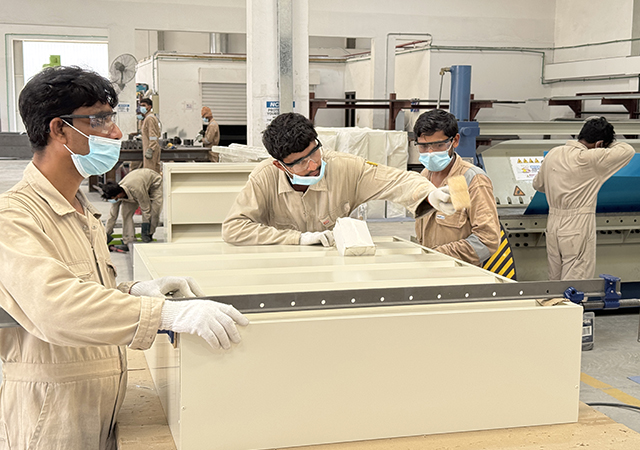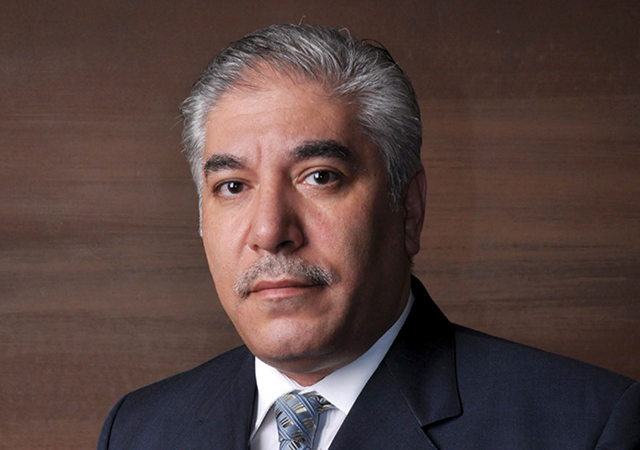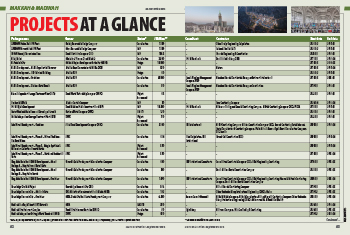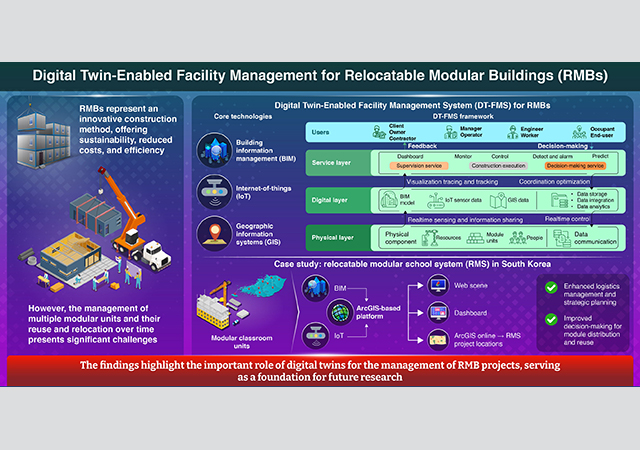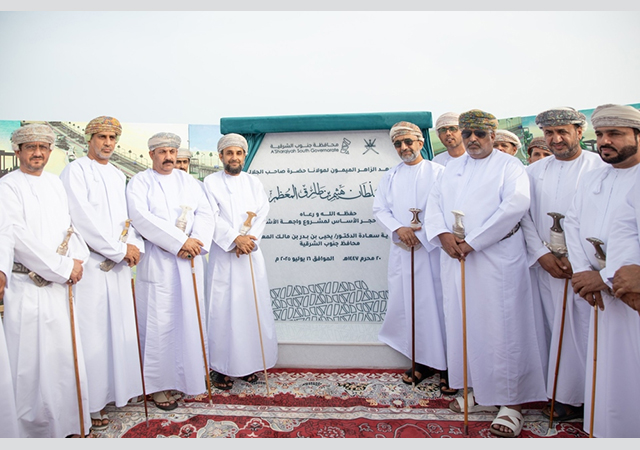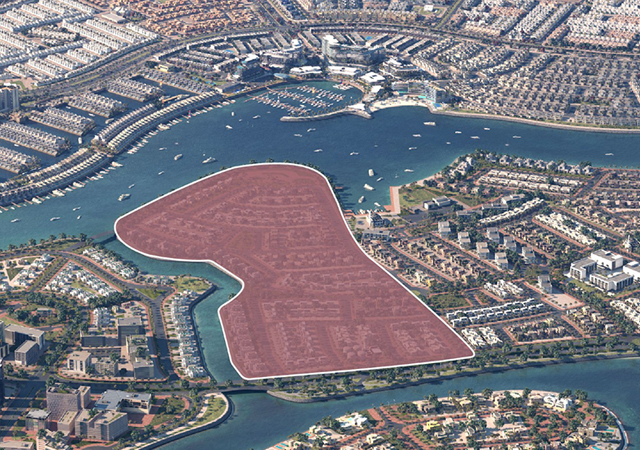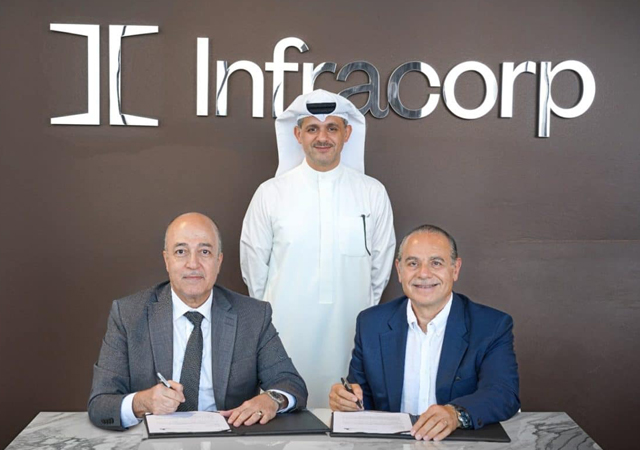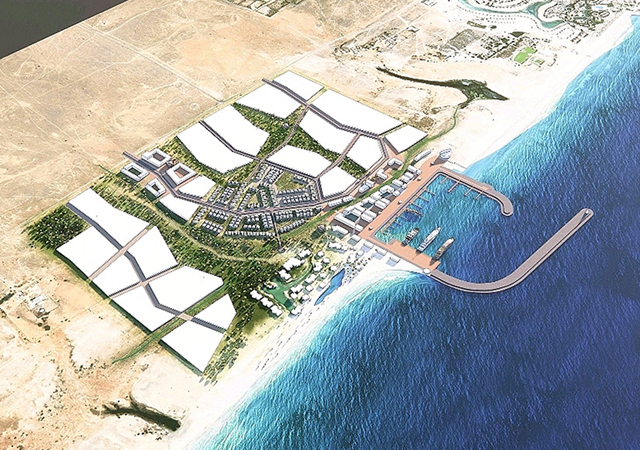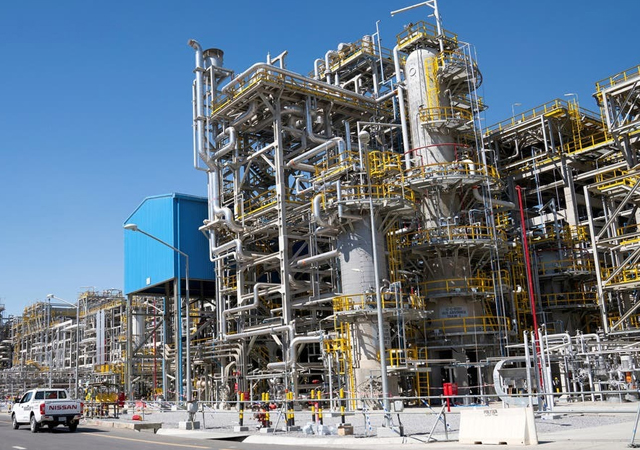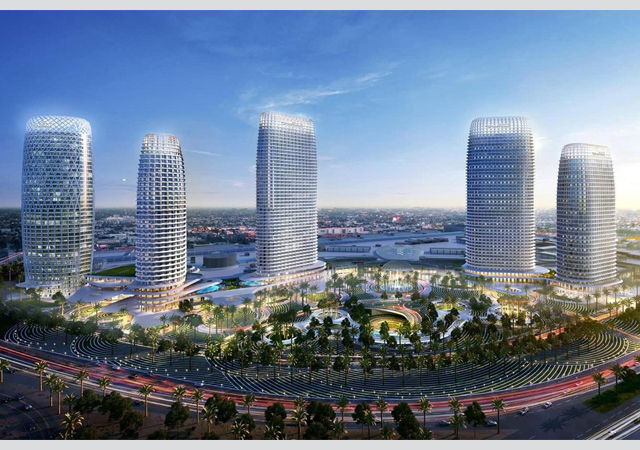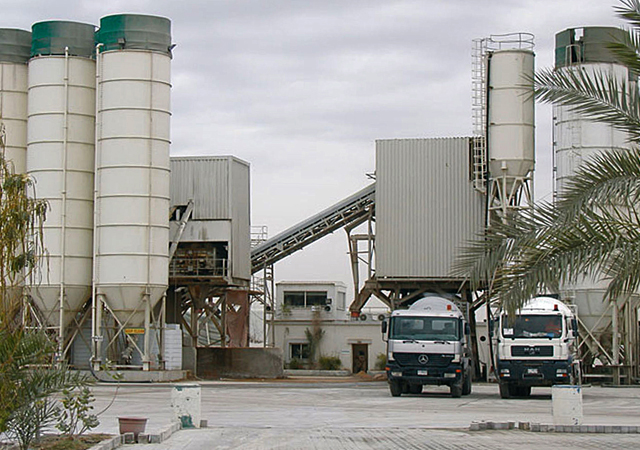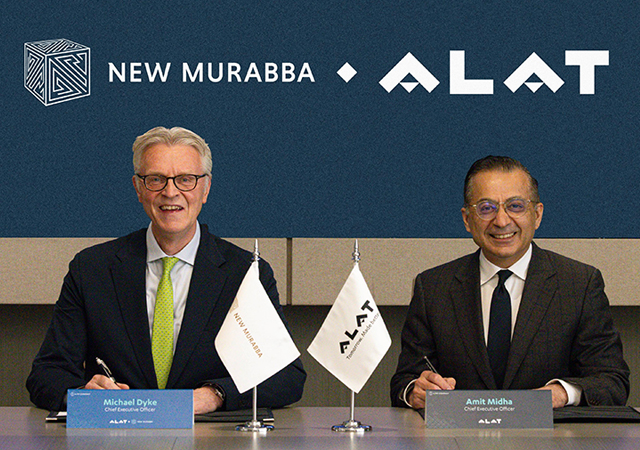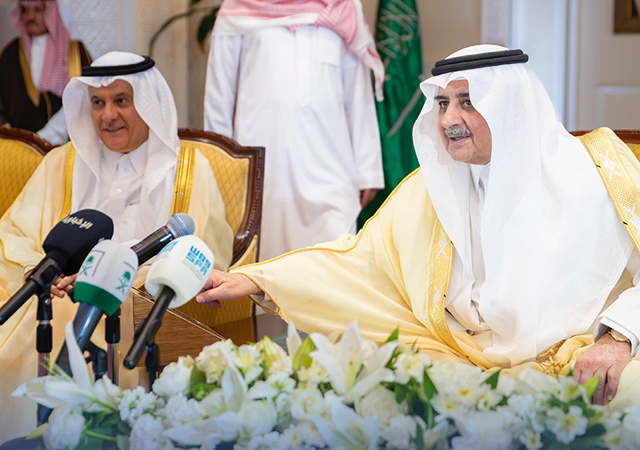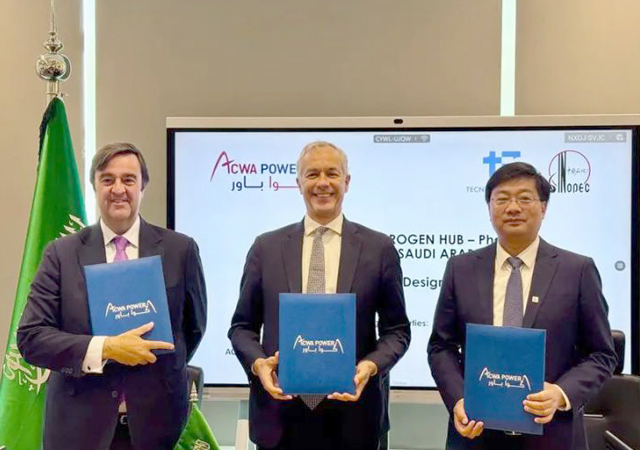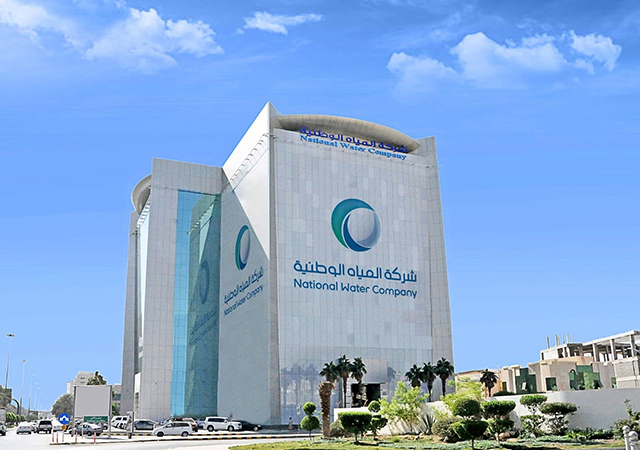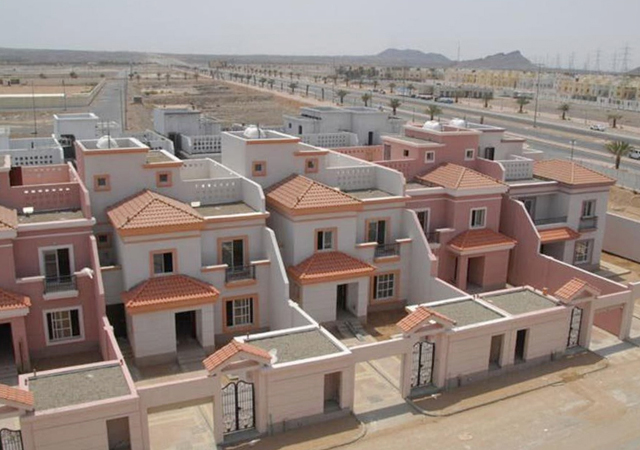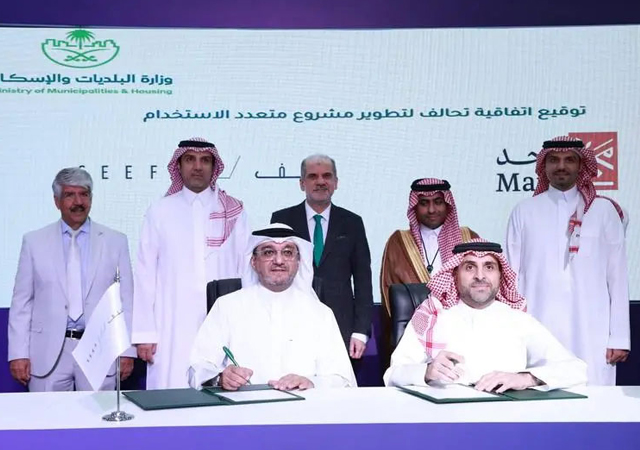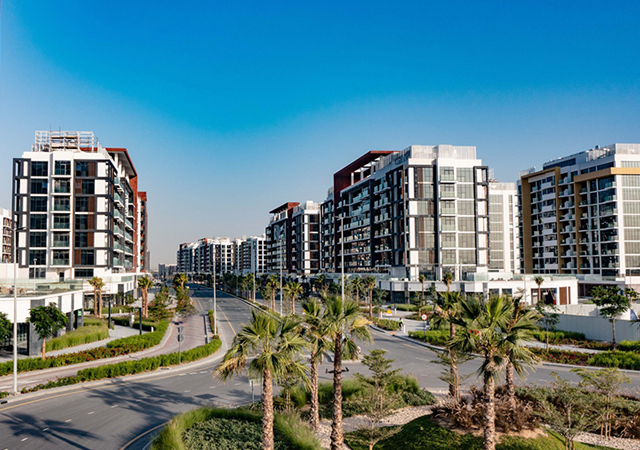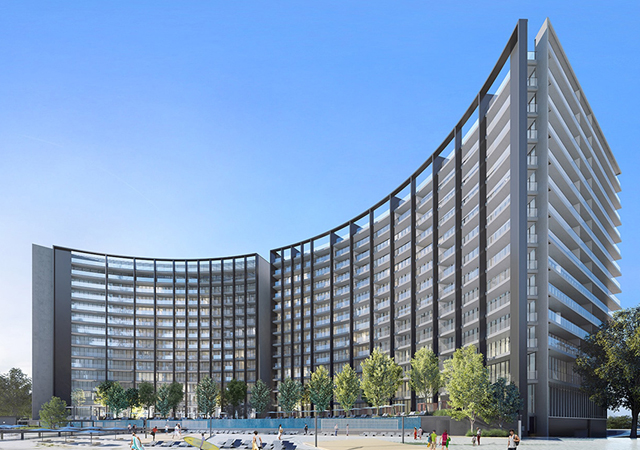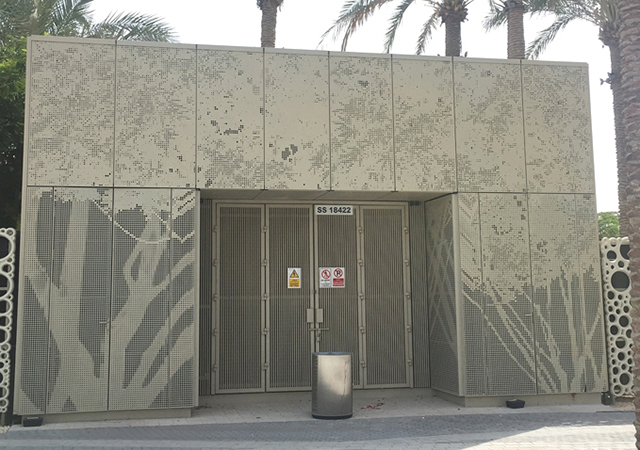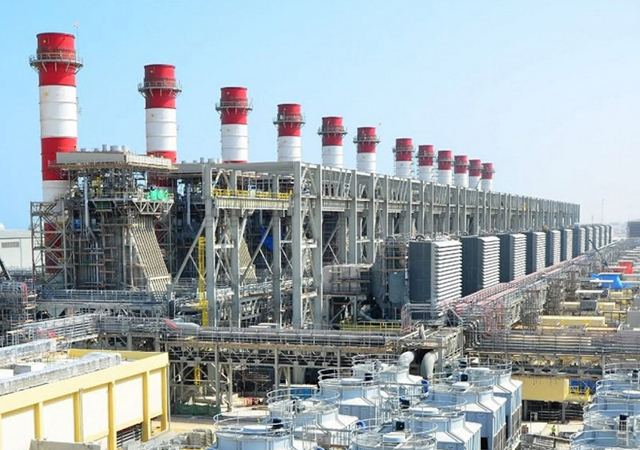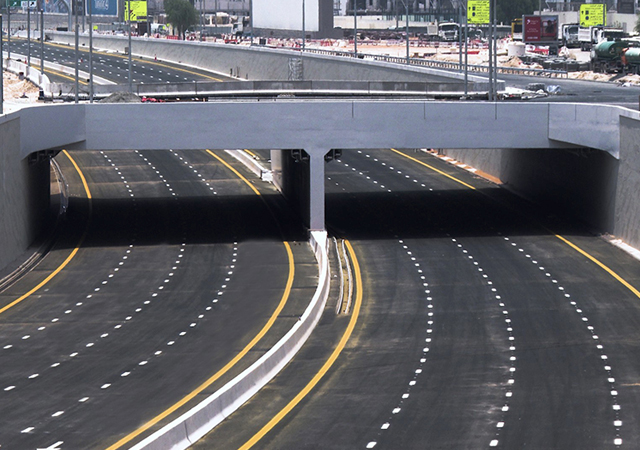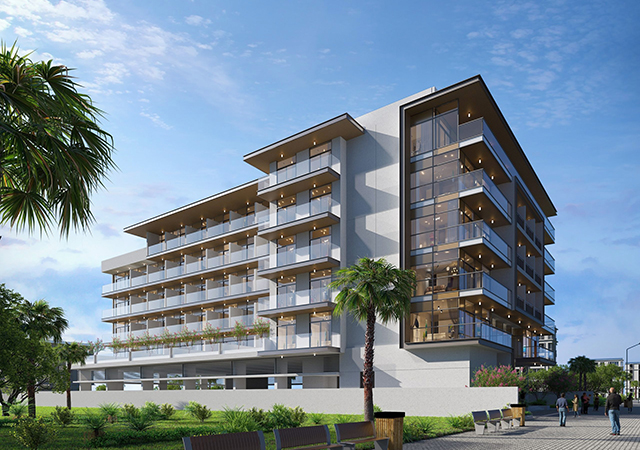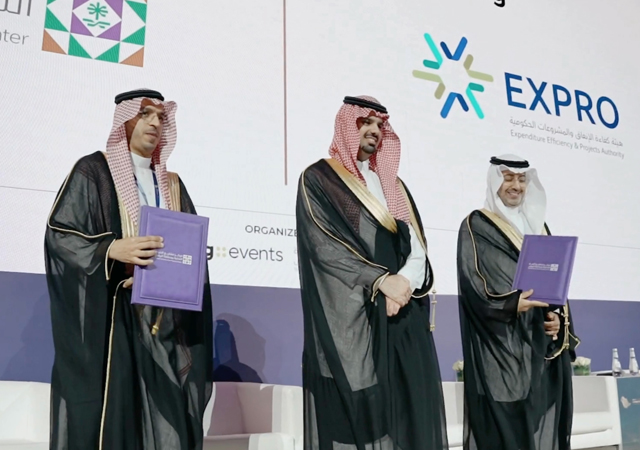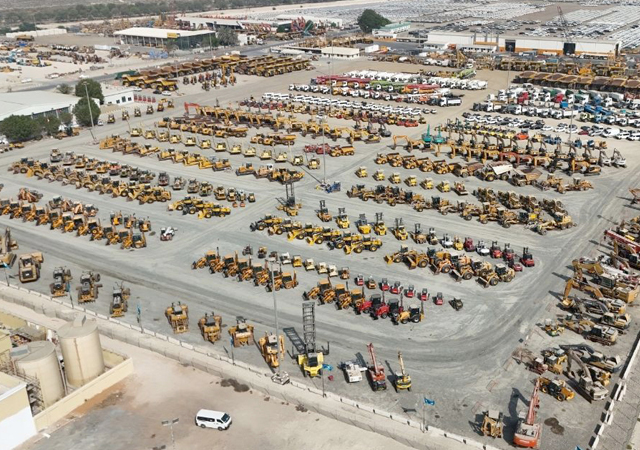 Sandeep Kumar
Sandeep Kumar
In a major move aimed at promoting consistency and fairness in the UAE’s evolving corporate tax landscape, the Ministry of Finance has issued Ministerial Decision No. 173 of 2025, allowing tax depreciation on investment properties (IP) held at fair value.
Effective January 1, 2025, this significant amendment is expected to benefit a broad base of businesses in the real estate and capital-intensive sectors, driving compliance, planning flexibility, and investor confidence, said a tax expert.
Dhruva, a leading tax advisory firm in the Middle East, applauds this development, which addresses a long-standing concern among taxpayers who follow the fair value model and have been unable to claim depreciation deductions for their investment properties.
"This decision is a welcome step towards aligning accounting and tax principles in the UAE," said Sandeep Kumar, Corporate Tax Partner, Dhruva. "It provides optionality for businesses and creates consistency in how investment properties are treated for tax purposes. Importantly, it gives companies a one-time opportunity to elect the realisation basis of taxation — a choice that is irrevocable and requires careful evaluation."
The new provisions allow a taxable person to claim depreciation at 4% per annum on the original cost of the investment property—calculated on a pro-rata basis depending on the holding period. However, to benefit from this, the entity must elect for the realisation basis of taxation, a choice that is irrevocable and must be exercised within a specified timeframe.
Further, the election must be made at the level of the taxable person and is irrevocable once exercised. Businesses that fail to elect within the prescribed timeline will permanently forfeit the right to claim depreciation on investment properties held at fair value. The Ministry has also outlined specific provisions for properties transferred under Qualifying Group Relief (QGR), Business Restructuring Relief (BRR), or within Tax Groups (TG), ensuring continuity and clarity in such complex arrangements.
Moreover, since depreciation under the fair value model does not appear in financial accounts, claiming it for tax purposes may create a temporary difference — giving rise to a deferred tax liability under international accounting standards.
Importantly, the decision also clarifies the tax implications upon realisation of such properties, including adjustments for previously claimed depreciation. Special provisions are also laid out for intra-group transfers, business restructurings, and tax groups upon realisation of such properties.
"Taxpayers should not view this as a routine compliance update," added Kumar. “It is a strategic opportunity to align their tax positions with business realities. At Dhruva, we’re committed to helping businesses make informed decisions under the new corporate tax regime."
For businesses holding real estate at fair value, this update underscores the importance of proactive planning and early elections in upcoming tax filings considering the election for the realisation basis may have wider consequences beyond real estate — potentially affecting the treatment of other fair-valued assets and unrealised gains or losses. Dhruva advises UAE businesses to carefully evaluate the long-term impact of electing the realisation basis. - TradeArabia News Service







